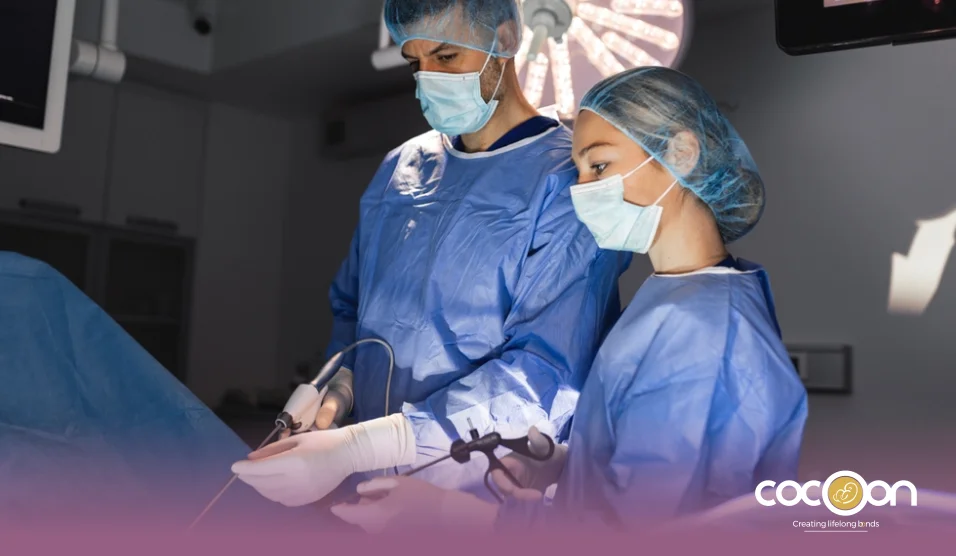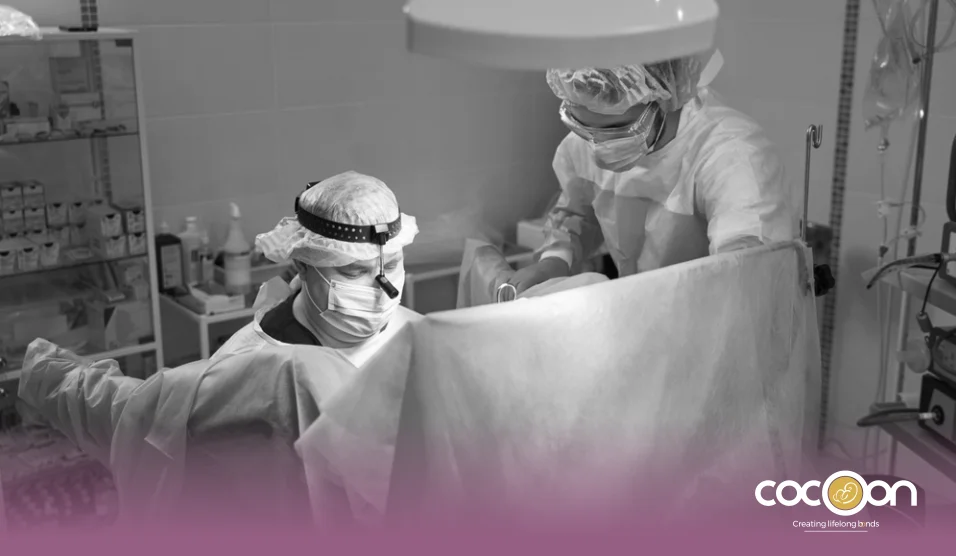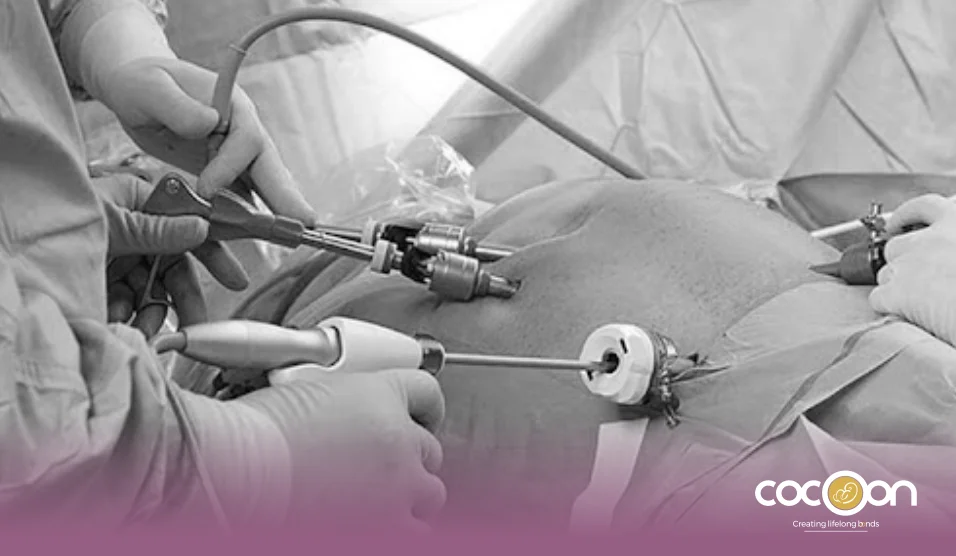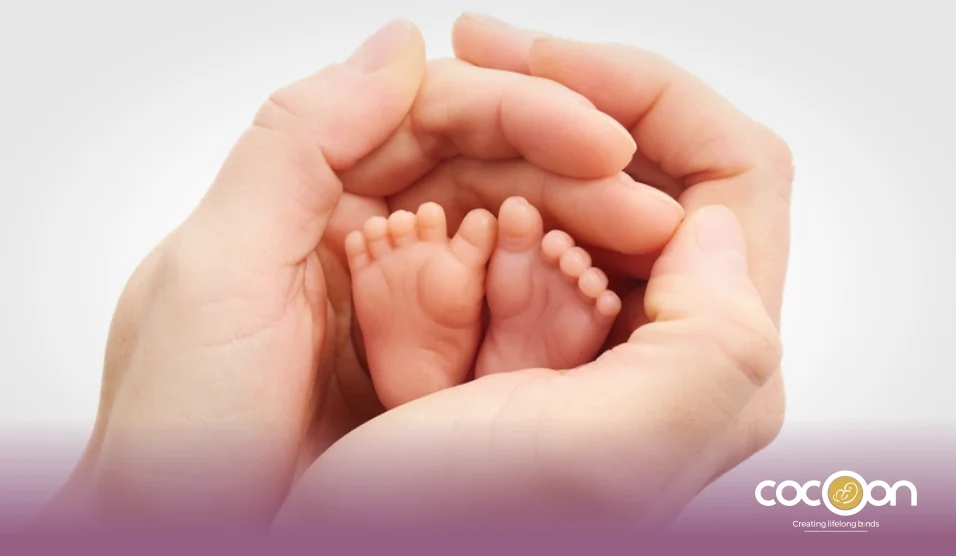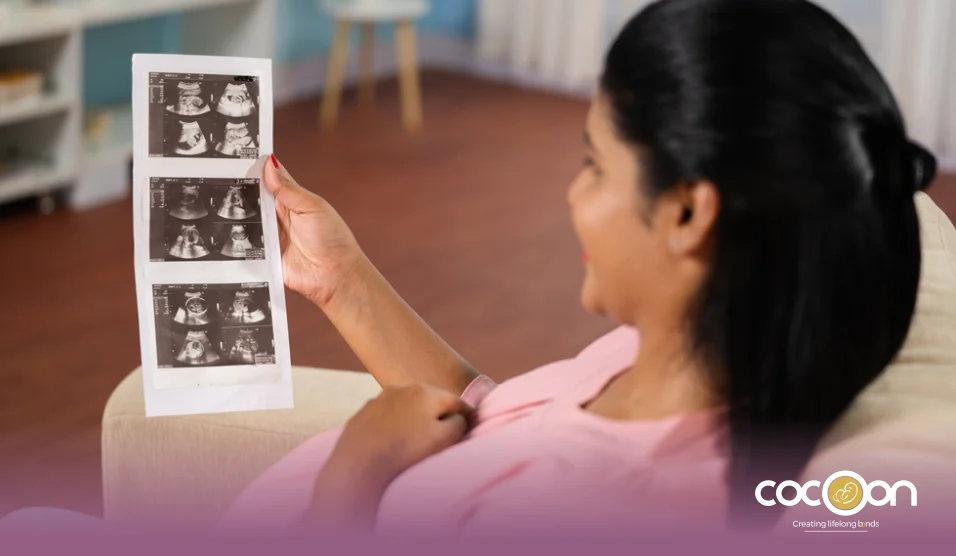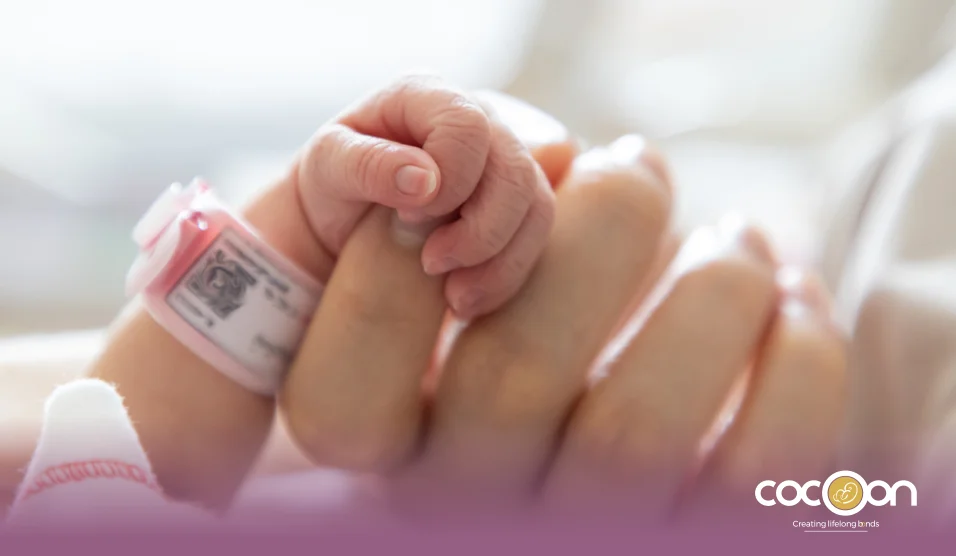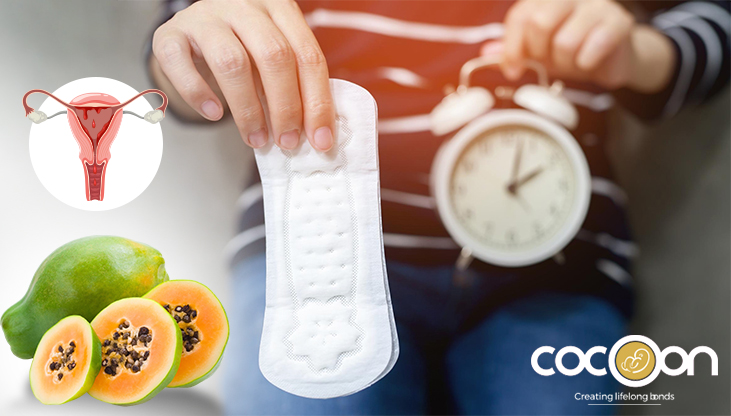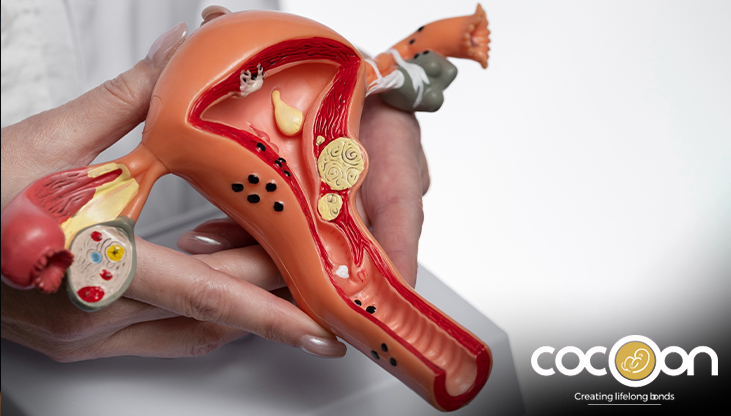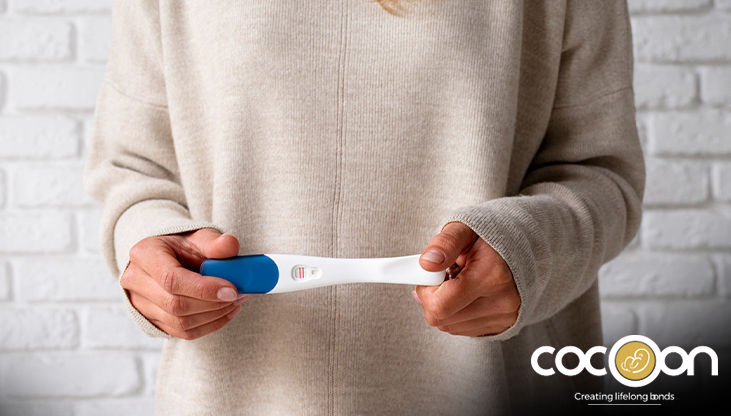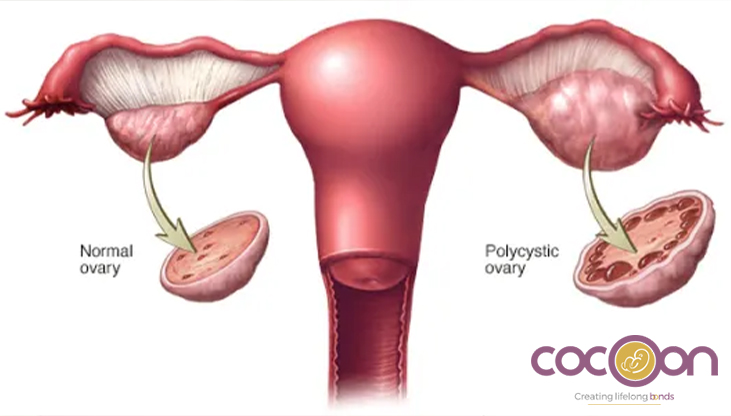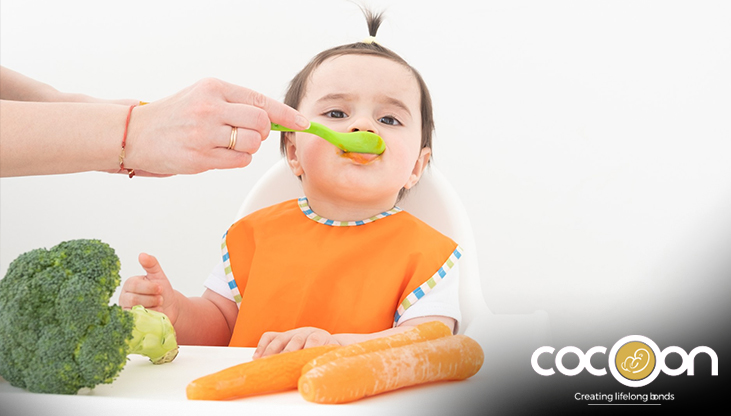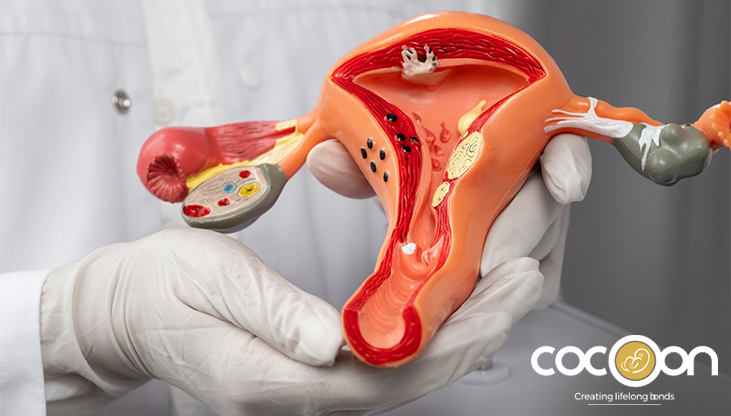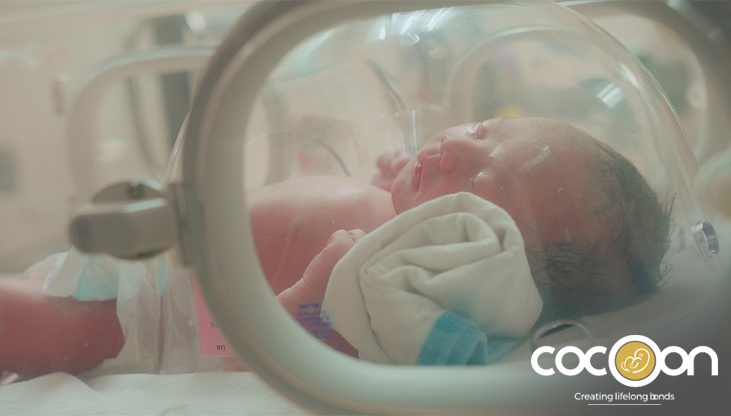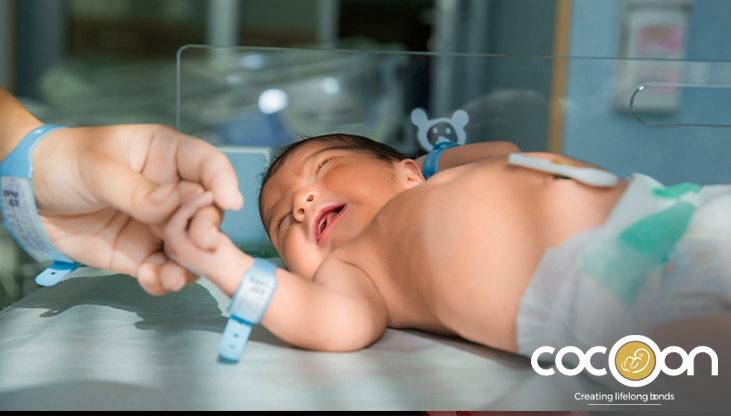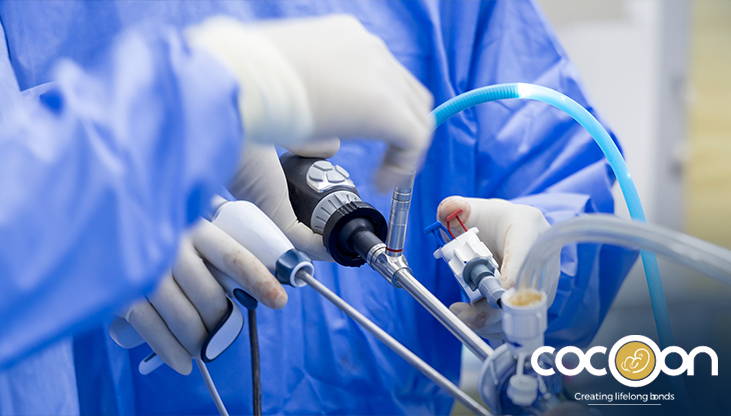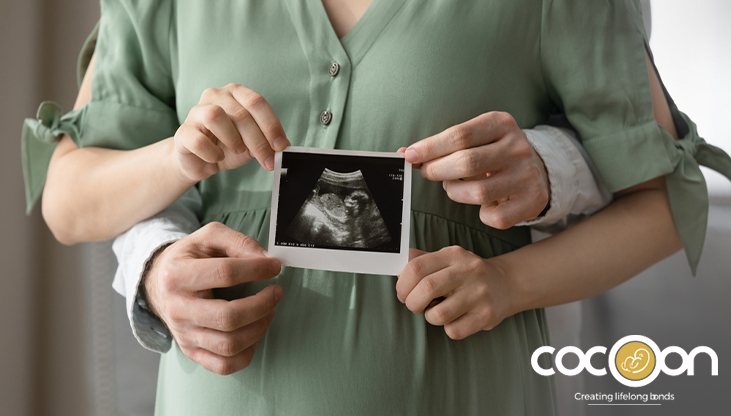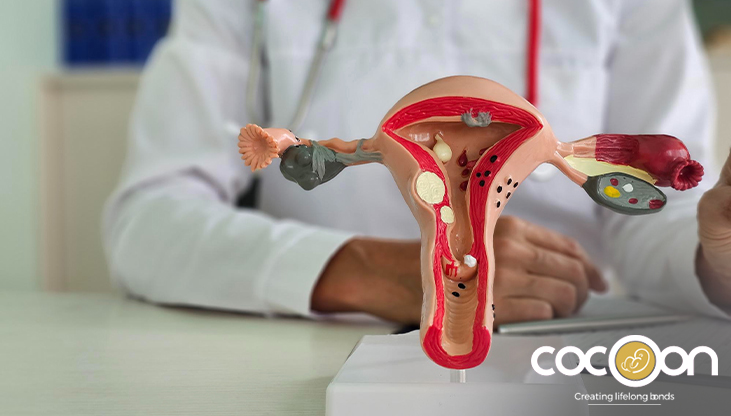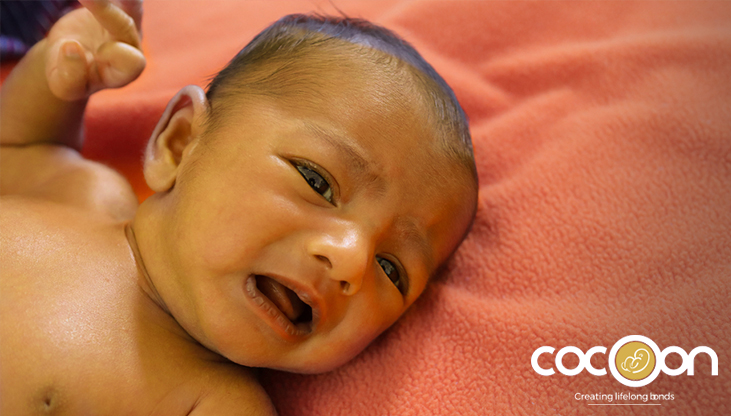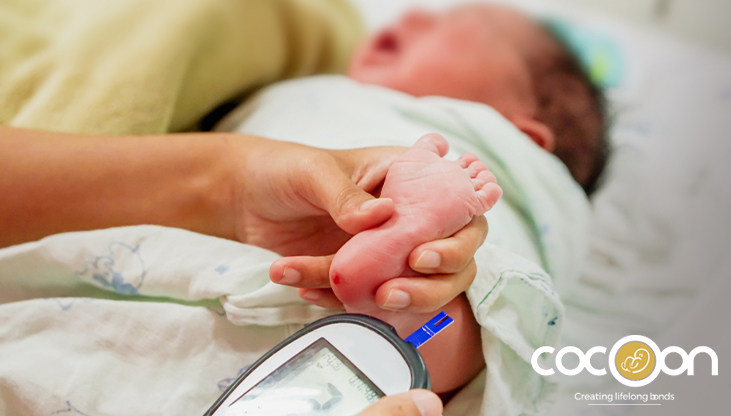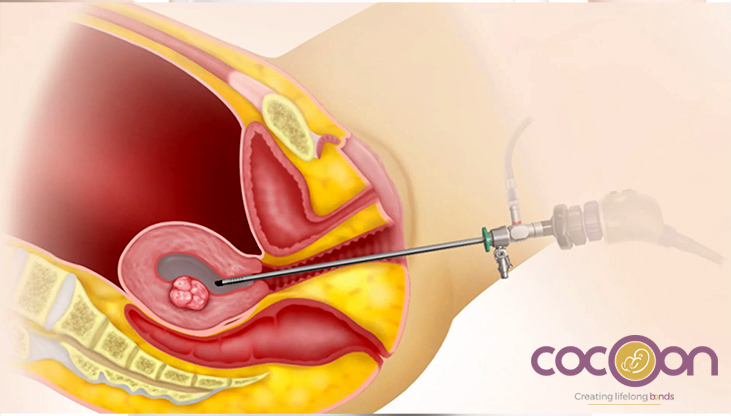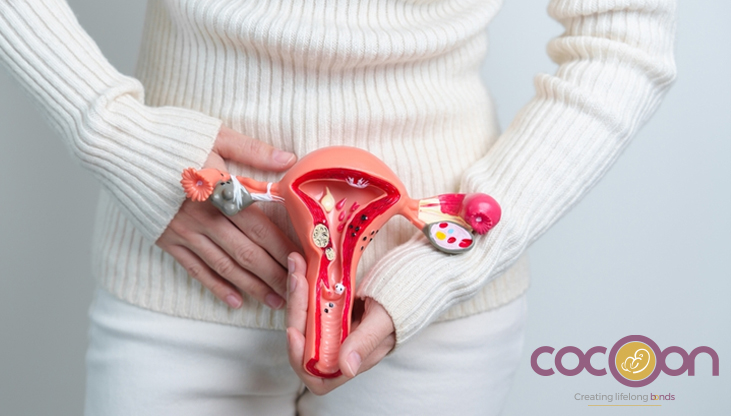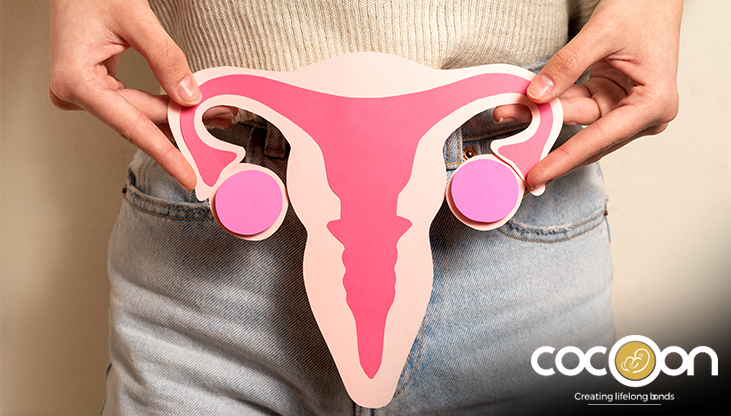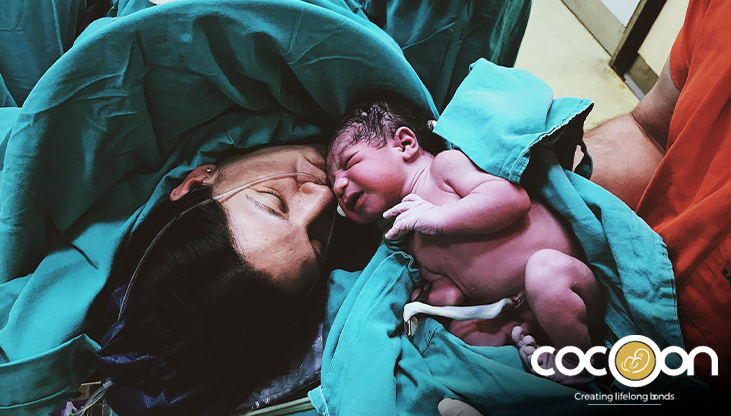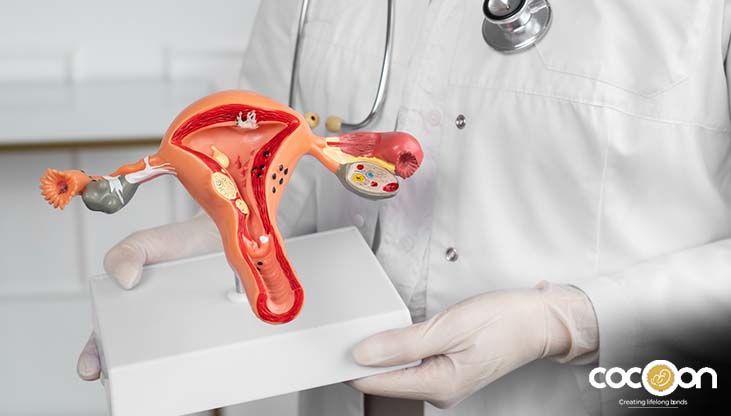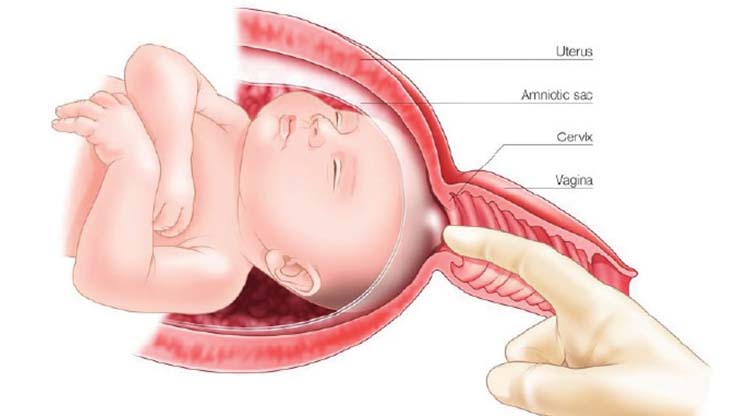Nurturing your baby can be particularly challenging when they require specialized care. One common concern for parents in this situation is whether they can breastfeed their baby in the Neonatal Intensive Care Unit (NICU). The answer is a "YES."
Babies in advanced neonatal care often face difficulties with breastfeeding or bottle feeding due to complex medical conditions and a lack of necessary skills. However, breastfeeding in the NICU is possible. Although it may take extra effort from both you and the neonatologist, your dedication to breastfeeding can provide essential nourishment, comfort, and a sense of familiarity for your baby during this challenging time.
How to Breastfeed Your Baby in the NICU?
The top NICU hospital in Jaipur actively supports mothers in breastfeeding their babies whenever possible. However, many infants in the NICU, especially those born prematurely, may not yet have the skills and instincts needed for oral feeding. In essence, breastfeeding is a skill that babies learn during their NICU stay.
The timing and feasibility of breastfeeding can vary based on your baby's condition and your own health. Fortunately, neonatologists in Jaipur offer several methods to assist you and your baby during this challenging period.
Skin to Skin Contact
Skin-to-skin contact between mother and the baby is also called Kangaroo Care which is extremely important for breastfeeding. Kangaroo care promotes physiological connection between mothers and their babies, providing numerous benefits, such as:
-
The mother’s body supports the baby’s temperature regulation. Once the baby transitions from the controlled environment of the womb, the mother’s physiology helps maintain warmth, ensuring the baby stays comfortable and safe.
-
The mother’s breathing also helps in regulating the baby’s breathing.
-
The mother secretes a hormone called oxytocin when the baby is nearby which supports attachment and creates an emotional bond.
-
Snuggling the baby close also stimulates feeding cues in the baby. Your neonatologist may help you in identifying these cues.
Owing to its miraculous benefits, the best NICU hospital in Jaipur recommends kangaroo care for critically ill babies so that the baby benefits from the mother’s physiology.
Understanding Feeding Cues
If your baby is looking at your breast when you are holding it close or showing other feeding cues, they may be ready for breastfeeding. In such a case, you can pump a little to bring milk and help your baby know where to feed. Initially, your baby may not latch on the breast, but they might feed a little. Slowly, the baby also gets used to it and feeds properly.
Assistance from the Lactation Consultant
In addition to developing a bond with the baby, lactation consultants can also help your baby build the required skills necessary for breastfeeding, such as swallowing and breathing. Since a lot of premature babies do not understand these things, the consultant can use various techniques or medical equipment to help your baby with feeding.
Bottle Feeding in the NICU
If your baby is not showing any feeding cues, you may try bottle-feeding breast milk. To properly feed your baby with a bottle, the NICU nurses and neonatologists will help you in learning how to feed.
If you are bottle-feeding make sure that you are also maintaining your well-being as pumping and feeding can be physically demanding. Make sure that you consult your doctor for the same.
Caring for a newborn with complex medical conditions can be incredibly challenging. Most importantly, being unable to feed the baby can bring a lot of challenges for both the mother and the baby. In such situations, fostering skin-to-skin contact with your baby, seeking support from nurses and neonatologists, and learning to recognize your baby’s feeding cues can help address the challenges you face.




